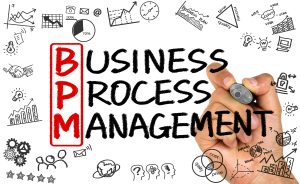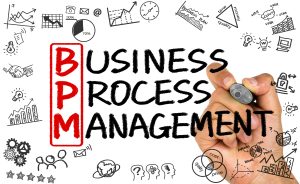The Point
The above from a headline in Corporate Counsel (subscription required) last week.
Nathan Cemenska is an attorney who is Director of Legal Operation and Industry Insights at Wolters Kluwer ELM solutions. In a report issued earlier this month, LegalVIEW Insights volume 2023-1: Law firm rate increases, he contends that intimidation confines corporate Legal’s negotiation efforts to “where it matters least”:
“In smaller, less expensive firms where both rate increases and the underlying rate tend to be lower, limiting opportunities for savings …
“As long as corporate law departments continue to stand in awe of their largest firms and steer away from the application of any serious pressure to rates at the biggest firms, hourly rates at those firms will compound year over year and become outrageous by any definition.” Continue reading
 Managing Legal
Managing Legal












